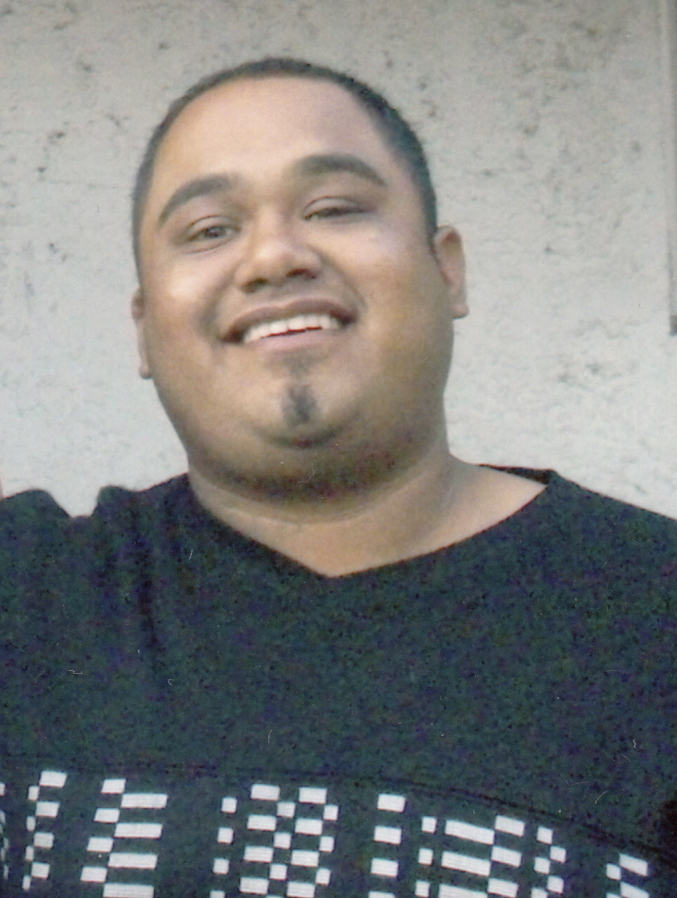“People Used to Joke About Sexual Abuse.
They Don’t Anymore.”
JDI, along with responsible corrections officials, works inside prisons and jails across the country to educate inmates and staff on how to prevent and respond to sexual abuse. But it is not just JDI staff and other advocates who are fighting to end this violence — some of the best educators are inmates themselves.
In 2010, JDI launched an inmate peer education program at the California Correctional Institution (CCI). This initiative has led to a dramatic culture shift at the prison: gay and transgender people tell JDI that the levels of harassment are decreasing, while staff speak about an equally noticeable change in staff attitudes toward inmate reports of sexual abuse. Jodi Ramirez, a former CCI official who worked closely with JDI on the project, calls peer education “the fastest way to change the culture of the yard.”
JDI spoke with a few of CCI’s peer educators to get their views on the program, and what it has meant to them and fellow inmates.
JDI: What changes have you seen in the yard since the inmate peer education program began?
CJ: People used to joke about sexual abuse. They don’t anymore.
DAVID: The yard has changed a lot. Some inmates used to see sexual abuse as something that was just uncomfortable, but people started loosening up and realizing this is something we need to talk about. Now people are eager to come to the classes.
JDI: What made you want to be a part of this program?
CJ: Me personally, I don’t like bullies. I want to help any way I can and I like a challenge. This is a challenge. If I can make a difference in one life, it’s worth it. I like to give people information that changes their minds. And doing this work has opened my eyes to the myths about sexual abuse.
DAVID: I’ve never been a victim of sexual abuse, but I can see that rape survivors are hurting and deserve help. Providing information that can actually prevent sexual abuse makes me feel good at the end of the day.
JDI: How will the adoption of the national standards mandated by the Prison Rape Elimination Act affect your work?
CJ: First off, the standards will back up what we say and make sure staff do what they say they are going to do. There are a lot of things in the national standards that can really help people, but because they aren’t signed, it’s still too tenuous, a dream.
DAVID: I think that it’s extremely important for the standards to be signed. We’re building a foundation here, but it is still only groundwork. Without the standards, the program can’t expand to help other institutions.
JDI Action Update, March 2012

“People used to joke about sexual abuse. They don't anymore."
